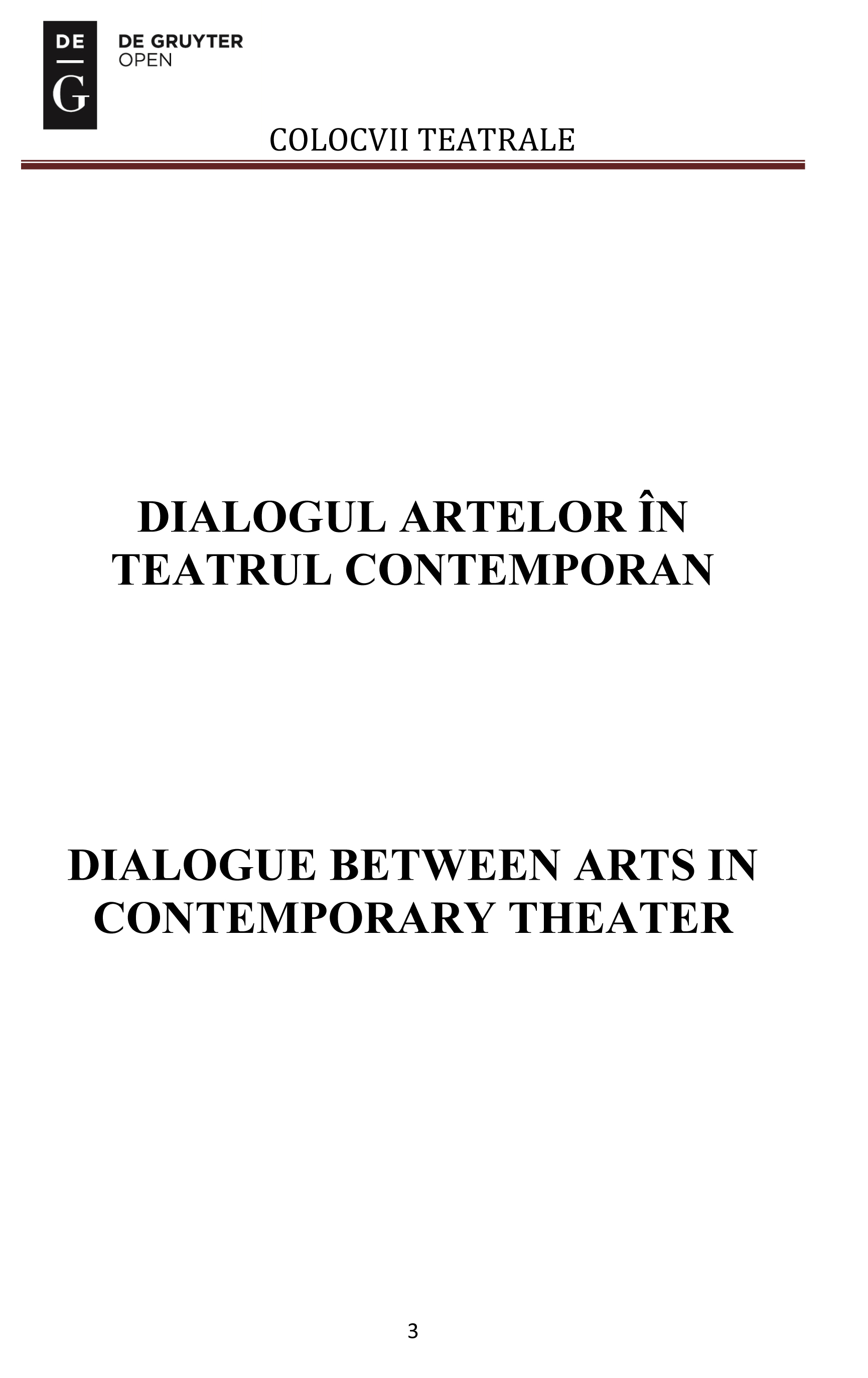Beckett and Joyce. Dialectical Reciprocity
Beckett and Joyce. Dialectical Reciprocity
Author(s): Alexandra BandacSubject(s): Language and Literature Studies, Fine Arts / Performing Arts
Published by: Editura ARTES
Keywords: Samuel Beckett; James Joyce; theatre; Worstward Ho; Finnegans’s Wake; limit; absurd; postmodernism
Summary/Abstract: Beckett’s literary beginnings are undoubtedly linked to his friendship and worship of James Joyce, his fellow Irishman, also established in Paris, whose literary work he enjoys and thoroughly studies. There are many similarities between James Joyce’s work and Samuel Beckett’s, taking into account the fact that the latter has been, in his youth, a sort of literary apprentice, their friendship being one of the main reasons in the dialectical study of their creations. What interests us most is the critical aligning of some fractures from their writings, in order to find the junction of themes and structure, the way in which Beckett takes Joyce’s leitmotivs and transforms them, filtering them into personal marks of his style. Although Beckett detaches himself, in a way, from the influence of his master, by adopting French as his primary language of creation, but also by channeling his efforts into playwright, instead of prose, there are recurrences from Joyce now and then, especially in his late writings. Theoretical studies emphasize a common preoccupation for limit in their maturity works, perceived as a climax of the author’s experience with his work. That is to say these Irishmen’s creations are, in a way, complementary, becoming proof of the literary transgression of the first half of the XXth century, from the canonized form and structure of realism, existentialism or naturalism, to a personal and free way of seeing the world, materialized into postmodernism.
Journal: Colocvii teatrale
- Issue Year: 2017
- Issue No: 23
- Page Range: 241-252
- Page Count: 12
- Language: English

